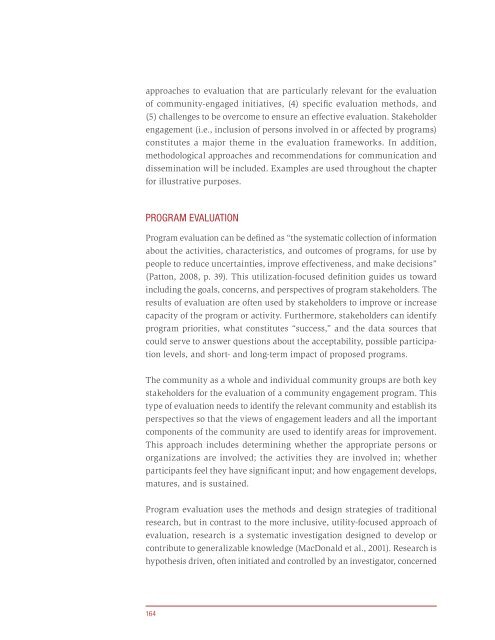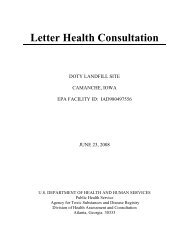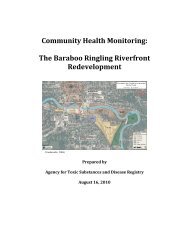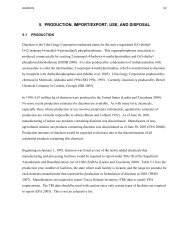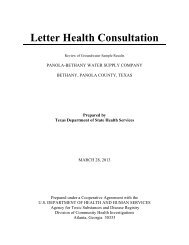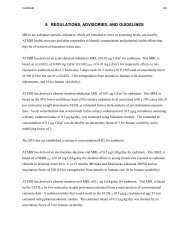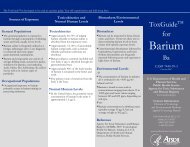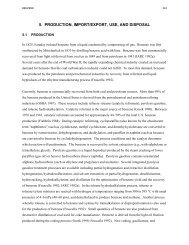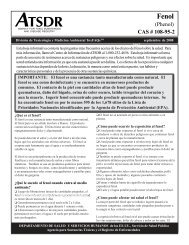Principles of Community Engagement (Second Edition)
Principles of Community Engagement (Second Edition)
Principles of Community Engagement (Second Edition)
You also want an ePaper? Increase the reach of your titles
YUMPU automatically turns print PDFs into web optimized ePapers that Google loves.
approaches to evaluation that are particularly relevant for the evaluation<br />
<strong>of</strong> community-engaged initiatives, (4) specific evaluation methods, and<br />
(5) challenges to be overcome to ensure an effective evaluation Stakeholder<br />
engagement (i e , inclusion <strong>of</strong> persons involved in or affected by programs)<br />
constitutes a major theme in the evaluation frameworks In addition,<br />
methodological approaches and recommendations for communication and<br />
dissemination will be included Examples are used throughout the chapter<br />
for illustrative purposes<br />
PROGRAM EVALUATION<br />
Program evaluation can be defined as “the systematic collection <strong>of</strong> information<br />
about the activities, characteristics, and outcomes <strong>of</strong> programs, for use by<br />
people to reduce uncertainties, improve effectiveness, and make decisions”<br />
(Patton, 2008, p 39) This utilization-focused definition guides us toward<br />
including the goals, concerns, and perspectives <strong>of</strong> program stakeholders The<br />
results <strong>of</strong> evaluation are <strong>of</strong>ten used by stakeholders to improve or increase<br />
capacity <strong>of</strong> the program or activity Furthermore, stakeholders can identify<br />
program priorities, what constitutes “success,” and the data sources that<br />
could serve to answer questions about the acceptability, possible participation<br />
levels, and short- and long-term impact <strong>of</strong> proposed programs<br />
The community as a whole and individual community groups are both key<br />
stakeholders for the evaluation <strong>of</strong> a community engagement program This<br />
type <strong>of</strong> evaluation needs to identify the relevant community and establish its<br />
perspectives so that the views <strong>of</strong> engagement leaders and all the important<br />
components <strong>of</strong> the community are used to identify areas for improvement<br />
This approach includes determining whether the appropriate persons or<br />
organizations are involved; the activities they are involved in; whether<br />
participants feel they have significant input; and how engagement develops,<br />
matures, and is sustained<br />
Program evaluation uses the methods and design strategies <strong>of</strong> traditional<br />
research, but in contrast to the more inclusive, utility-focused approach <strong>of</strong><br />
evaluation, research is a systematic investigation designed to develop or<br />
contribute to generalizable knowledge (MacDonald et al , 2001) Research is<br />
hypothesis driven, <strong>of</strong>ten initiated and controlled by an investigator, concerned<br />
164


